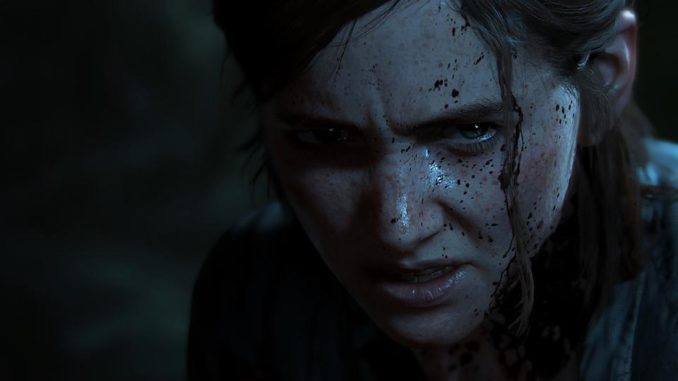
When one thinks of great Sony exclusives, Naughty Dog studios have produced some of the greatest in the business. The same can be said of this masterful sequel to one of Sony’s greatest franchises. Set five years after its predecessor, this sequel does everything its initial title had done and turns Ellie’s motive for revenge into a riveting character arc. Series developer Neil Druckmann snd his team fleshed out an amazing tale of redemption that, for all intents and purposes, was not necessary when you realize just how finite the first part was in terms of its conclusion. Thankfully, it’s developers decided to focus on Ellie and Abby’s story that touches upon thematic elements as infectious disease and the occult. By far this is truly a mesmerizing sequel that goes above and beyond the first part to deliver players a heartwarming story that is not a shot in the gut and soul searching.Â
The Pros
Visually the game is jaw-dropping to behold with a post-apocalyptic Wyoming being the plot’s stage point. From the decrepit building to the tall trees of the Pacific Northwest’s forests, the game predicates its plot on photorealistic depictions of the Wyoming and Washington topography. Druckmann and his team began working on this project back in 2014 and it truly is a labor of love when one realizes how realistic facial animations and character models are.Â
In terms of the script, the writing and dialogue are superb. Some of Ellie’s most emotional moments are when she must make tough decisions that ultimately alter her character’s fate. Druckmann along with Haley Gross wrote the script, and their insistence on a character-driven game cannot be understated. The gameplay itself is stellar, with the third-person action perspective and momentary stealth segments counterbalancing each other perfectly.Â
The score is both emotionally driven and punctuates the visual moments eloquently. The title’s composer, Gustavo Santaolalla, incorporates an orchestral score with modern fast-paced music during the action segments which blend in smoothly with the visual beats of the game’s plot. The sound effects too are realistic and the weapons are true to their real-life counterparts. A shotgun sounds like it should and its deafening combustion during combat sections are exhilarating. The horseback riding and speed boat segments are a nice addition and traversing across long distances is a sheer joy to behold. The game’s top-notch production values are reflected during these quiet moments.Â
The Cons
Very little can be said about this sequel’s negative aspects except for its lack of variety in terms of its skill tree character upgrades and weaponry choices. The Molotov Cocktail becomes monotonous after a while and the pistol becomes barely useful by the end of the game. Ellie’s hand to hand combat skills are a bit weak in some parts and her shove ability is meant to merely parry monster attacks rather than a last resort to running out of ammo. But these are minor gripes and the title as a whole is nearly flawless.Â
The Verdict
The Last of Us Part 2 is an exceptional sequel that rarely misses an emotional beat. It’s amazing to think how high the bar was set from the first entry in the series snd its sequel managed to craft something that is familiar and yet completely nuanced in its improvements. Ellie’s journey from a lost child to an empowered adult is a nice launch point for her character’s development. It’s intense realism combined with some brilliant dialogue choices make this the perfect sequel that resets it as one of the greatest Sony exclusives of this console generation.Â


Leave a Reply